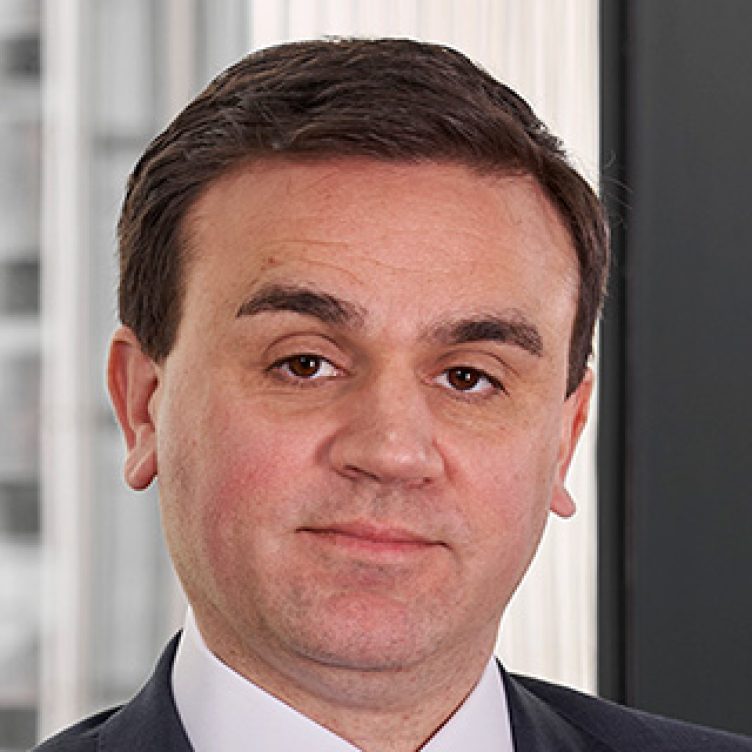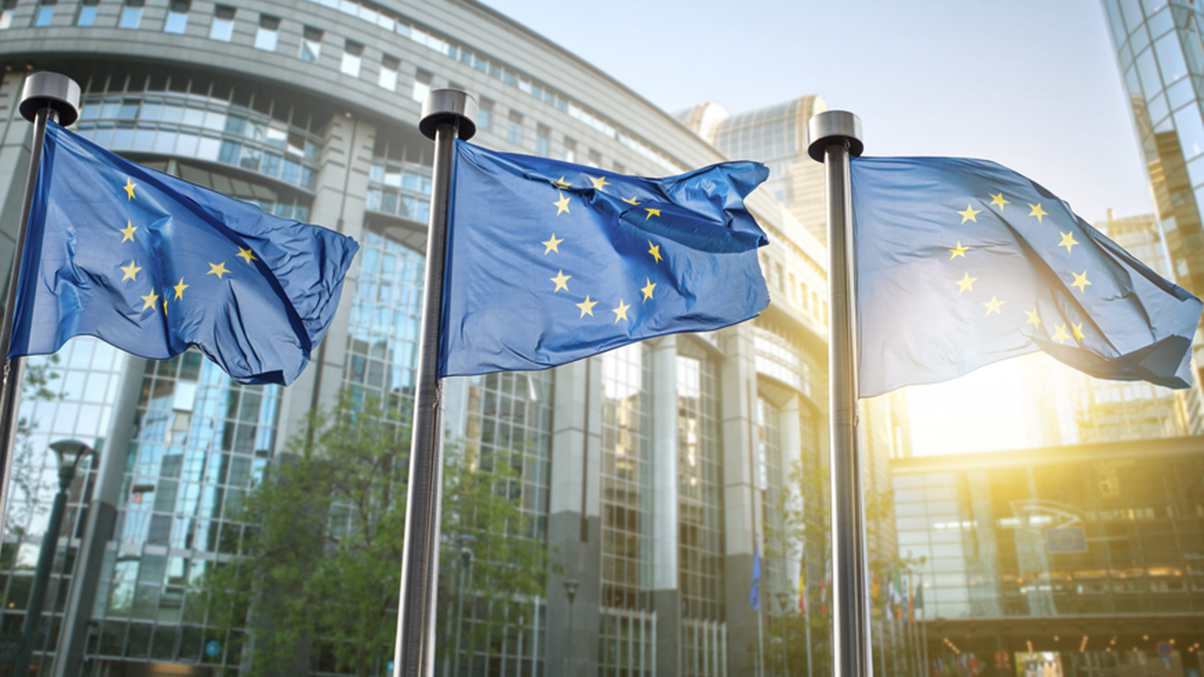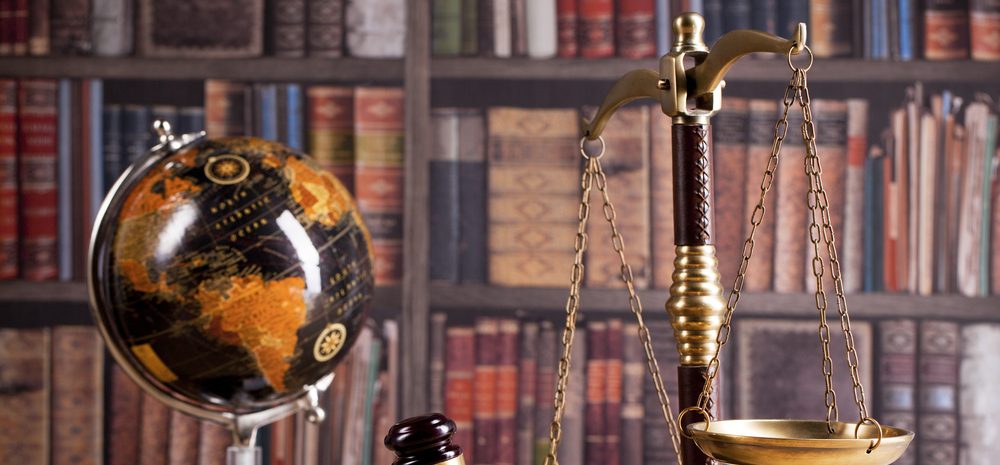The English High Court has granted an application for common law recognition of a Russian bankruptcy order and limited assistance in the collection and distribution of the Russian bankrupt’s assets.
The decision in Vesnin v Queeld [2025] EWHC 104 (Ch) is part of wider litigation involving share ownership in Eurasia Mining Plc, and addresses questions of standing, jurisdictional submission and assistance in cross-border insolvency. Alex Jay (Head of Insolvency and Asset Recovery) and Rafaella Salerno review and comment on the case.
Facts of the case
Former Russian politician Dmitry Ananyev was declared bankrupt (the “Bankrupt”) by the Moscow Arbitrazh (Commercial) Court in Russia. Evegny Vesnin was appointed as the trustee in bankruptcy (the “Trustee” or “TIB”). The Trustee sought recognition of the Russian bankruptcy (and his TIB status) in England pursuant to common law under rule 1.35 of the Insolvency Rules (England and Wales) 2016.
The matter is connected to ongoing proceedings before the English courts where Queeld Ventures Limited and Mispare Limited (the “Companies”) claim legal and beneficial ownership of shares in Eurasia Mining Plc (“Eurasia”). Those proceedings arose when the Companies claimed to have lost their share certificates and sought replacements from Eurasia. Due to concerns about the shares’ ultimate beneficial ownership, Eurasia refused to issue replacements outright, believing the shares may trace back to the Bankrupt. The court agreed an order whereby the replacement certificates would be held in escrow until a specific date, allowing third parties to come forward to assert any claims.
The Trustee responded to the invitation, asserting a beneficial interest in the shares as part of the Bankrupt’s estate. The Companies challenged the Trustee’s interest on the basis (among others) that the bankruptcy had not been recognised and as such could play no role in the determination of ownership.
The Trustee proceeded with the recognition application and sought the English court’s assistance to aid the collection and distribution of the Bankrupt’s assets, including by way of injunctive relief to protect the disputed Eurasia shares. The Companies were made respondents to the Trustee’s application.
Issues of standing, recognition and assistance
The issues to be determined in the Trustee’s application, heard by Chief ICC Judge Briggs, were:
- whether the Companies had standing to oppose the Trustee’s application;
- whether the Russian bankruptcy met the criteria for recognition, including whether the Bankrupt had submitted to the jurisdiction of the Russian courts as well as whether any bars to recognition (ie fraud, natural justice or public policy) were established; and
- if so, the extent to which the English courts should provide assistance to the Trustee.
The decision
Standing
The court ruled that the Companies had no standing to oppose the recognition application. A person must have a legitimate interest in the bankruptcy to oppose an application to recognise a foreign officeholder. Examples could include a creditor, the bankrupt or “a party that has tangible economic interest in the bankruptcy acting in the same capacity as that which gives rise to the tangible economic interest in making an application” (following Brake v Chedington [2023] UKSC 29).
Parties merely seeking to resist proprietary claims in separate proceedings did not qualify, and the Companies had accepted that they could not make out any legitimate interest other than in respect of the shares in the separate Eurasia proceedings.
Common law recognition
The Russian bankruptcy was recognised at common law, as was the Trustee’s status as TIB. Common law recognition is granted where the bankrupt has submitted to the jurisdiction of the foreign court and none of the bars to recognition are established (following Kireeva v Bedzhamov [2021] EWHC 2281 (Ch)).
Judge Briggs accepted that the Bankrupt had submitted to the Russian courts’ jurisdiction. There was evidence to show the Bankrupt, through legal representation, actively participated in the Russian proceedings beyond the scope of section 33(1) of the Civil Jurisdiction and Judgments Act 1982 (ie that in limited circumstances persons shall not be regarded as having submitted to jurisdiction by reason of appearing at a hearing). The Bankrupt had engaged with the Russian courts for the purpose of defending the bankruptcy proceedings, which included challenging the debts and opposing the bankruptcy.
None of the bars to recognition were established:
- allegations of irregularity from the Companies’ expert witness were speculative and failed to identify any fraud;
- the Bankrupt received notice of the hearings and took part in the Russian proceedings, satisfying the principles of natural justice; and
- there was no evidence that the bankruptcy offended English public policy.
Assistance
The court granted limited assistance to the Trustee in the administration of the Bankrupt’s estate. No injunctive or other immediate relief was necessary as had been sought, but the court directed the Trustee be joined to the Eurasia proceedings for the purpose of making a claim to the replacement share certificates.
The court considered such assistance “the minimum necessary aid to a foreign representative to achieve the purposes of getting in and distributing the assets of the insolvent”. The Trustee remains at liberty to apply for further assistance in future.
Comment
This is a positive reflection that the English courts will recognise and give powers to bankruptcy trustees from foreign jurisdictions. Allegations of fraud or breach of process will need to be compelling to prevent recognition, which is exactly as it should be – insolvency proceedings in particular often require officeholders to take steps outside their jurisdiction to recover assets. This decision facilitates that process.
You can find further information regarding our expertise, experience and team on our Insolvency and Asset Recovery.
If you require assistance from our team, please contact us.
Subscribe – In order to receive our news straight to your inbox, subscribe here. Our newsletters are sent no more than once a month.







